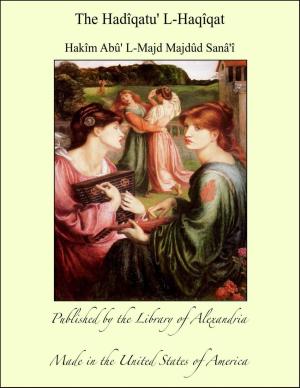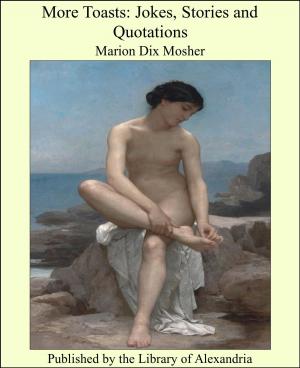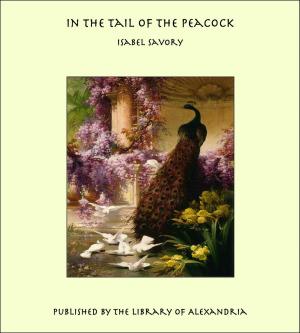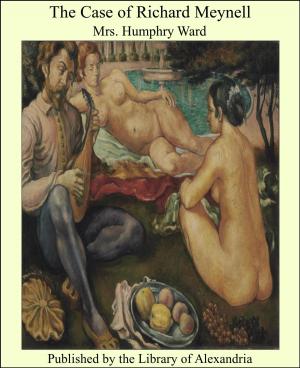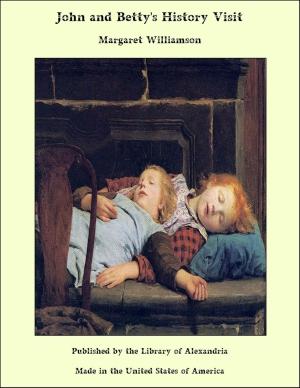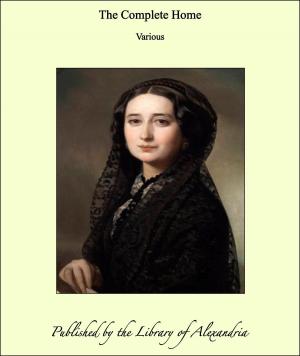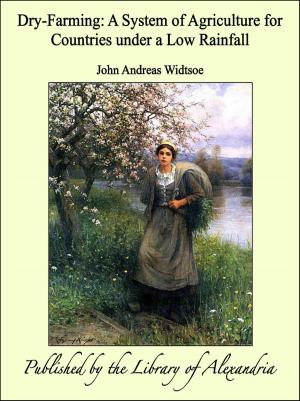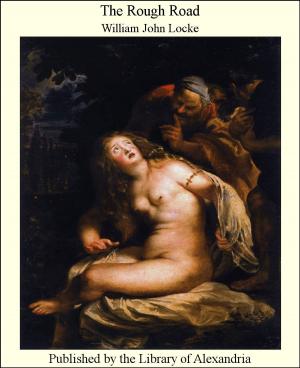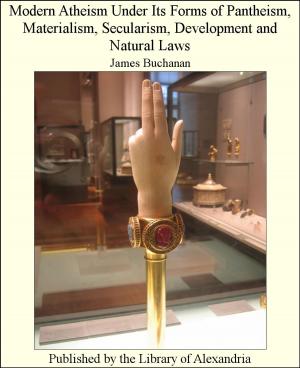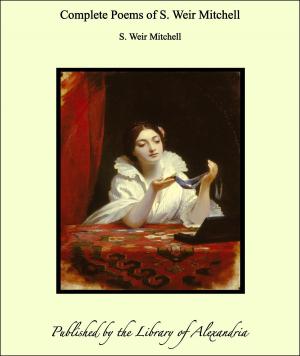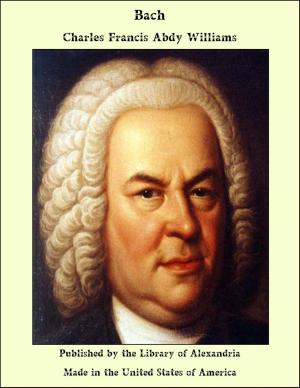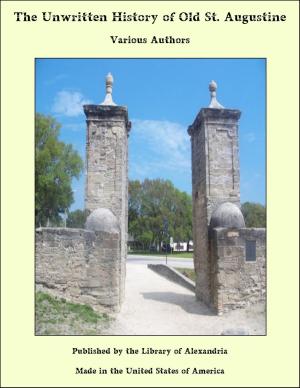The Siege of Norwich Castle: A Story of the Last Struggle Against the Conqueror
Nonfiction, Religion & Spirituality, New Age, History, Fiction & Literature| Author: | Matilda Maria Blake | ISBN: | 9781465571717 |
| Publisher: | Library of Alexandria | Publication: | March 8, 2015 |
| Imprint: | Language: | English |
| Author: | Matilda Maria Blake |
| ISBN: | 9781465571717 |
| Publisher: | Library of Alexandria |
| Publication: | March 8, 2015 |
| Imprint: | |
| Language: | English |
THE SUZERAIN'S 'NAY.' It was towards the close of the year of our Lord 1073. As we now reckon, it would have been some way into 1074, but in those old times they began their twelve-month on March 25th. So, notwithstanding that the daffy-down-dillies were pushing their grey-green blades through the softening earth, and that the partridges had chosen their mates for the season, it was the end of 1073, and just before Easter. The fair Emma Fitzosbern, sister and ward of Roger, Earl of Hereford, a young damsel of splendid beauty, in whose honour the chivalric champions of Normandy and Bretagne were busy cracking each other's heads, according to the fashion of the times, had followed the example of the partridges, and promised her hand in marriage. The mate she had chosen was splendid and brave, and, after the king, was equalled in power and wealth but by two other men in all England. Ralph de Guader or Wader had received the earldom of Norfolk and Suffolk, and the post of Constable of Norwich Castle, from the Conqueror, in return for his services at Hastings and his prowess in beating back the Danes from the eastern coast. His father and grandfather had held lands in England, and he claimed English blood when it suited his purpose, being the only Englishman who bore the rank of earl, save Waltheof Siwardsson, Earl of Huntingdon, Northampton, and Northumberland; but, to his shame be it spoken, he was also the only Englishman against whom it could be told that he fought on William's side at Hastings
THE SUZERAIN'S 'NAY.' It was towards the close of the year of our Lord 1073. As we now reckon, it would have been some way into 1074, but in those old times they began their twelve-month on March 25th. So, notwithstanding that the daffy-down-dillies were pushing their grey-green blades through the softening earth, and that the partridges had chosen their mates for the season, it was the end of 1073, and just before Easter. The fair Emma Fitzosbern, sister and ward of Roger, Earl of Hereford, a young damsel of splendid beauty, in whose honour the chivalric champions of Normandy and Bretagne were busy cracking each other's heads, according to the fashion of the times, had followed the example of the partridges, and promised her hand in marriage. The mate she had chosen was splendid and brave, and, after the king, was equalled in power and wealth but by two other men in all England. Ralph de Guader or Wader had received the earldom of Norfolk and Suffolk, and the post of Constable of Norwich Castle, from the Conqueror, in return for his services at Hastings and his prowess in beating back the Danes from the eastern coast. His father and grandfather had held lands in England, and he claimed English blood when it suited his purpose, being the only Englishman who bore the rank of earl, save Waltheof Siwardsson, Earl of Huntingdon, Northampton, and Northumberland; but, to his shame be it spoken, he was also the only Englishman against whom it could be told that he fought on William's side at Hastings

